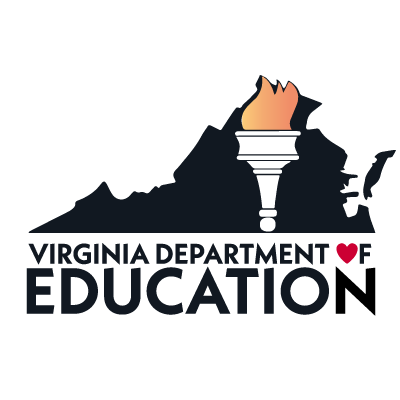Read Educator’s Article:
To High School and Beyond: Transition to College, Career & Adult Life
Authors: Carolyn Cage & Tonya Gokita
—————————————————————————-

During the 2022-2023 school year, Link Lines articles have focused on important transitions for students with disabilities during their K-12 school careers. The Administrator’s Corner has offered tools and strategies for administrators responsible for supervising special education services including effective transition planning.
Facilitating & Monitoring Inclusive Transition Planning
September 2022
Facilitating Successful Transitions from Elementary to Middle School
December 2022
Facilitating Successful Student Transitions from Middle to High School
March 2023
The role of the school administrator in transition planning for students with disabilities is critical at all levels. While transitions between school levels should be monitored by school leaders to ensure student success across all grades and ages, postsecondary transition planning is a mandated part of the Individualized Education Program (IEP) for students with disabilities starting at age 14 in Virginia (Virginia Department of Education [VDOE], 2015). Effective transition planning is designed to help students plan for their post K-12 lives.
In the current edition of the Link Lines Educator’s Lesson, “To High School and Beyond: Transition to College, Career, & Adult Life,” teachers responsible for secondary transition planning are given an overview of the components of secondary transition with resources and tools designed to facilitate this process. Students who have participated in, and benefited from, effective transition planning designed to improve their lives beyond high school share their stories in the edition.
School leaders who have facilitated and monitored inclusive transition planning at each critical point during a student’s K-12 career have set the stage for successful postsecondary transitions and improved long-term outcomes for students with disabilities. Secondary administrators hold the primary responsibility for supervising effective postsecondary planning once students have turned 14 (VDOE, 2015). Administrators at all levels should engage in practices that will support future-focused student goals focused on education, training, employment, community participation, and independent living (Individuals with Disabilities Education Act [IDEA], 2004).
School leaders supporting special education teachers responsible for secondary transition planning will need to provide training and resources designed to meet the goal of improved post K-12 outcomes for students with disabilities. Areas that may need to be developed include:
- Postsecondary skill instruction
- Relevant related services
- Community experiences
- Employment objectives
- Individualized post-school adult living objectives
- Acquisition of daily living skills
- Functional vocational evaluations
(IDEA, 2006)
Development of teachers’ knowledge and skills in these areas should not be limited to teachers working with students during the year they turn 14. All special education teachers should be versed on secondary transition planning so that they can involve students and families as early as elementary school. Administrators should also include school counselors in professional development designed to support and facilitate secondary transition planning.
School leaders can help balance the support and supervision of special education teachers responsible for secondary transition planning. Supportive structures will put them in a better position to experience successful adult lives where their strengths, preferences, and interests are at the core of their daily experiences (Center on Transition Innovations VCU, 2021).
Additional resources focused on secondary transition planning can be found at the Center on Transition Innovations VCU and the National Technical Assistance Center on Transition.
References
Center on Transition Innovations VCU. (2021). Transition assessment process: A guide for developing postsecondary goals and transition services. https://centerontransition.org/publications/download.cfm?id=161
Individuals with Disabilities Education Act, 20 U.S.C. §1400 (2004). https://sites.ed.gov/idea/
Individuals with Disabilities Education Act Regulations, Transition Services, 34 C.F.R. § 300.43 (2006). https://www.ecfr.gov/current/title-34/subtitle-B/chapter-III/part-300/subpart-A/subject-group-ECFR0ec59c730ac278e/section-300.43
Virginia Department of Education. (2015). Secondary transition: Why it is important to plan early? [Fast fact]. https://www.doe.virginia.gov/home/showpublisheddocument/930/637945648409930000




